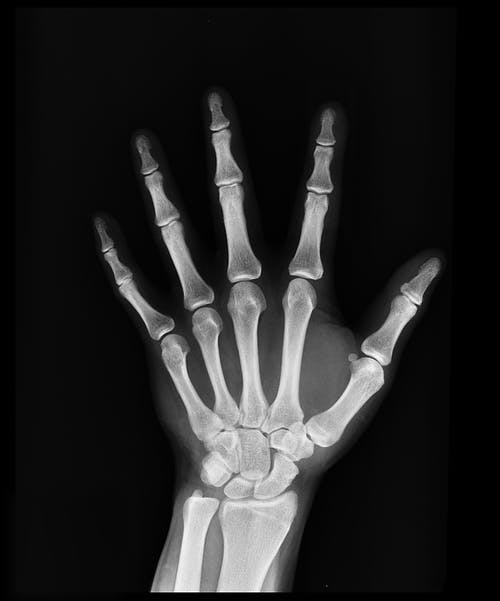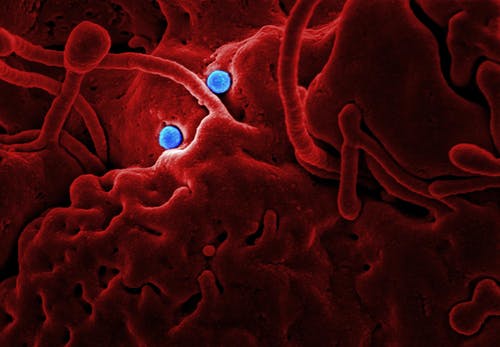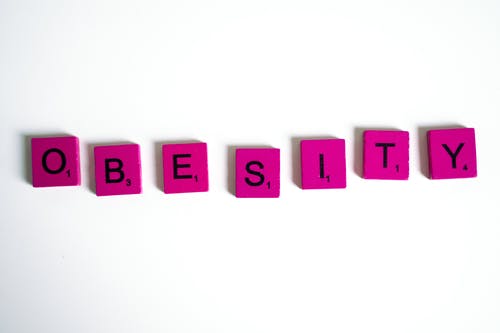Our website content are for informational purposes only. BodyatRisk.com does not provide medical advice, diagnosis, or treatment.
Fast good refers to food that can be prepared quickly and is eaten quickly. Not all but few fast foods are typically poor in nutrition and have poor impacts on health. Generally, junk foods are high in sugars, salts, saturated or trans fats, and many processing preservatives that are low in nutrition. Before consuming any fast food make sure that are not JUNK (no nutritional value but just high in sugar and carbs).

Foods with a high quantity of sugar do not give you feelings of satiety and make you hungry all day. While high carbohydrate foods enhance the body’s requirement for insulin which will also increase hunger after a shorter time of the meal.
Dangers of JUNK food on body:
1. Effects on the digestive and cardiovascular system
Mostly fast foods are rich in sugar, carbohydrates and contain no fiber. When your digestive system breaks down these foods then crabs are releases in the form of sugars in your bloodstream which increases blood sugar. As a result, your pancreas releases insulin which transfers sugar throughout your body to cells where it is used for energy. This process is regulated by your body.

But excessive consumption of carbohydrates can cause repeated spikes in your blood sugar. These insulin spikes can disturb your body’s insulin response to sugars and as a result increase your risks for insulin resistance, type 2diabetes, and weight gain.
2. Effects on the respiratory system

Extra calories from fast foods can cause in weight gain this may lead to obesity. The extra weight puts pressure on your heart and lungs which can cause respiratory problems including asthma and shortness of breath. You will also feel difficulty in breathing when you are walking, climbing stairs, or exercising. Researchers found that asthma is more likely in children who eat fast foods at least three times per week.
3. Effects on the skeletal system

Carbs and sugars found in processed foods increase acids in your mouth and cause break down of tooth enamels. As tooth enamels disappear bacteria can take hold and develop cavities. Fast foods can also affect bone development and promote complications with bone density and muscle mass. People who eat more fast foods have greater risks of breaking bones. So to avoid bone losses you should maintain a healthy diet.
4. Effects on the central nervous system
Foods that are rich in saturated fats and sugars affect the levels of brain-derived neurotrophic factor (BDNF) in the brain and can lead to improper neural performance. People who eat more processed and fast foods have 51% more chances to develop depression than those people who don’t use fast foods or eat occasionally.
5. Effects on the reproductive system

The ingredients found in fast foods such as saturated fats have great impacts on your reproductive system. Observational studies found that processed foods contain chemicals called phthalates and these chemicals interrupt hormones in your body. The vulnerability of these chemicals at high levels can cause reproductive issues including birth defects.
6. Increase the risks of obesity

Frequently consumption of fast foods is linked to obesity. Fast foods contain high amounts of fats, sugars, Crabs, and fewer amounts of minerals and vitamins. Consumption of fast foods in higher quantity will increase unhealthy calories which promote weight gain and ultimately obesity. Mostly the fast foods contain high amounts of sugars and fats that are directly associated with weight gain.
7. Increase the risks of cancer

Additives such as sodium nitrate and sodium nitrite are used to maintain meat color and to inhibit bacterial growth in fast foods. Both of these chemicals can break down into nitrosamines and nitrosamines are considered strong carcinogens that can cause cancer. Studies indicate that lowering the consumption of fast foods can reduce the risks of cancer.
8. Cause depression

Consumption of fast foods and processed foods can also increase the risks of depression. Fast foods contain unsaturated fatty acids that can cause anxiety. Fast foods are also high in refined carbohydrates that lead to fluctuations in blood sugar. If your sugar level dips into hypoglycemic levels then you will face anxiety, confusion, and fatigue.
9. Cause skin deterioration

Consumption of fast foods also causes skin issues such as acne. Fast foods raise blood sugar levels and as a result insulin levels also rise and can make your skin drier, thicker, and flakes of dry skin block pores. Potato chips can also lead to acne breakouts.
10. Cause bloating
Additives such as monosodium glutamate (MSG), sodium nitrite, and sodium benzoate are used in fast foods for flavoring and preservation. The recommended daily intake (RDI) of sodium for adults should not be more than 2300 mg per day. But fast foods contain sodium content of more than 2300 mg. too much sodium makes your body drink more water and hence you feel bloated and puffy. High sodium content also increases the risks of headaches.
11. Reduce your ability to control appetite
Consumption of trans fats found in processed foods does not send signals of fullness to your brain creates difficulty for your brain to process what you have eaten and how hungry are. This will ends on over-eating while healthy foods are rich in fiber to reduce your hunger and make you eat less.
12. Cause constipation

Eating larger portions of fried foods increase the risks of constipation because these foods contain higher amounts of fats and lower amounts of fiber. Fiber helps to maintain working your digestive tract and removes wastes from your body. Fast foods also contain high amounts of salt which lower the water content of stool and make it harder which leads to constipation.
Summary
Fasts foods are high in salts, sugars, saturated fats, calories, and preservatives. So a lot of consumption of fast foods has negative effects on health. Not all fast are bad some outlets focus on providing healthful foods they choose less amount of these substances. So to preserve your health you should choose those fast food items that contain fewer amounts of salts, sugar, trans fats, and total carbohydrates. You should also try to reduce the consumption of fast foods.
